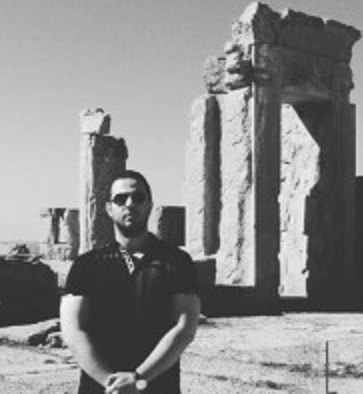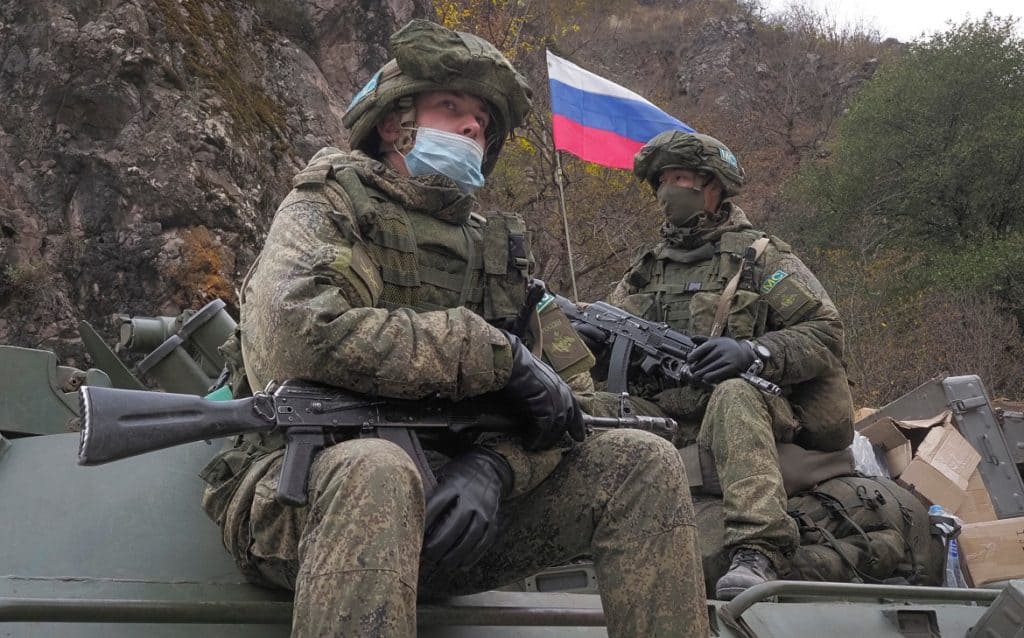By Javad Pasandideh
In examining the relations between Armenians and Russians over the past hundred years, some general and at the same time stimulating characteristics appear.

On the one hand, by studying the historical origins of the formation of Armenian political parties, it can be discovered that the intellectual and cultural roots of these parties can be traced back to the ideas and atmosphere of European and American societies.
In this regard, we can mention the establishment of the Dashnaktsutyun Party, one of the first Armenian political organizations, in 1882 in the United States. This characteristic can also be confirmed by observing the political activities of Armenians living in Europe in the first decades of the 20th century.
On the other hand, despite this, throughout the political history of Armenia, and especially of the Armenians living in Armenia, there has always been a tendency towards Russianism both during the period of the Russian Tsarist Empire and Soviet Communism.
Moreover, due to the numerous threats from the Ottoman Turks and the lack of a government of national unity, the Armenians have always needed Russian support.
For this, even after independence from the Soviet Union, the inclination of the Armenian elite towards Moscow continued.
Now, given the recent developments in the Nagorno-Karabakh region and the military defeats of the Armenian army against the military forces of the Republic of Azerbaijan, supported by Turkey, can we still imagine a strengthening of the previous political and military ties between Yerevan and Moscow?
The historical Russian-Armenian military cooperation
Armenian-Russian military cooperation dates back more than a century. We can mention the cooperation of the Armenian socialists with the Bolsheviks following the establishment of the Soviet regime in Armenia and the participation of some members of the Dashnaktsutyun party in the actions aimed at suppressing the leaders of the Party for Equality in Baku.
During the years of the First World War, with the Ottoman territorial expansion to its eastern borders in the Caucasus and Anatolia, the Armenians have always seen the Russians as their supporters against the Turkish invasions and the repetition of events such as the massacre of the Armenians in 1915 by the Turks, and the alignment of the Baku Equality Party in Azerbaijan with the pan- Turkism movement.
Moreover, in the aftermath of the collapse of the Soviet Union, Armenia was among the new independent republics that had the greatest alignment with the leaders of Moscow.
Russian military support for Armenians during the 1992-1993 Nagorno-Karabakh war between Armenia and the Republic of Azerbaijan confirms Russia’s close ties with Armenia. In this regard, the alleged Russian military participation in the massacre of the population of the village of Khojaly, by the Armenian army, can also be considered an example of Moscow’s support for Yerevan.
Moreover, in the aftermath of the collapse of the Soviet Union, Armenia was among the new independent republics that had the greatest alignment with the leaders of Moscow.
Russian military support for Armenians during the 1992-1993 Nagorno-Karabakh war between Armenia and the Republic of Azerbaijan confirmed Russia’s close ties with Armenia. In this regard, the alleged Russian military participation in the massacre of the population of the village of Khojaly by the Armenian army can also be considered an example of Moscow’s support for Yerevan.
Meanwhile, in the case of the Syrian civil war, military cooperation between Russia and Armenia has materialized through the deployment of Armenian military units to fight ISIS together with the Russian army.
Russia’s role the recent Nagorno-Karabakh war
Unlike in the past, Russian support for Armenia during the recent Nagorno-Karabakh war was initially limited to some verbal support and the Kremlin leaders’ emphasis on maintaining the security of the Armenian population of Nagorno-Karabakh.
Russian President Vladimir Putin, at Nikol Pashinyan’s request for military support from Moscow to Armenia against Baku and its allies, replied that: “Russia will enter the conflict between the Republic of Azerbaijan and Armenia only when the territory Armenia will be attacked, at the moment there is a war on Nagorno-Karabakh and on the political borders of the Republic of Azerbaijan “.
Putin’s response to Pashinyan’s request, despite the military support and the presence of militias led by the Turkish government in the fight against the Armenians in Nagorno-Karabakh, was undoubtedly influenced by the need not to damage relations between Moscow and the Republic of Azerbaijan, taking into account the large energy, commercial and economic interests between the two countries. Furthermore, Russia had to take into account the need to maintain good relations with the Turkish government,
On the other hand, Nikol Pashinyan’s pro-Western tendencies in the field of foreign trade may have created dissatisfaction among Moscow leaders with the current Armenian government.
But with Putin‘s brokering of the ceasefire and the broader terms it contains, putting an end to the war in Nagorno-Karabakh, Russia reasserted his centrality in the conflict as the undisputed power-broker in the region and Armenia’s sole ally. Also Moscow reaffirmed its central role by deploying over a hundred tanks and about 2,000 soldiers on the Armenian border with the aim of preventing violations of the ceasefire established between the parties.
Conclusion
Two possible paths for the future of relations between Armenia and Russia can perhaps be considered, taking into account both the growing political opposition in Yerevan to Prime Minister Nikol Pashinyan, who is blamed for his recent defeats in the Nagorno-Karabak war, and the statements of support from some European governments, such as France, to Armenians, against Turkey, which may have various effects on future political developments in Armenia.
Part of Armenians, especially those opposed to the current prime minister, want greater convergence between Yerevan and Moscow, and see this as achievable only through Pashinyan’s resignation.
On the other hand, other Armenians pursue the idea that Armenia, like Georgia and Ukraine, should include paths of convergence other than that with Russia in its foreign policy agenda. However, this view is unlikely to become prevalent, given the long historical roots of Armenian political, military and economic cooperation with the Russians.
Author: Javad Pasandideh (Political analyst. Teheran, Iran).
(The opinions expressed in this article are solely those of the authors and do not necessarily reflect the views of World Geostrategic Insights)







